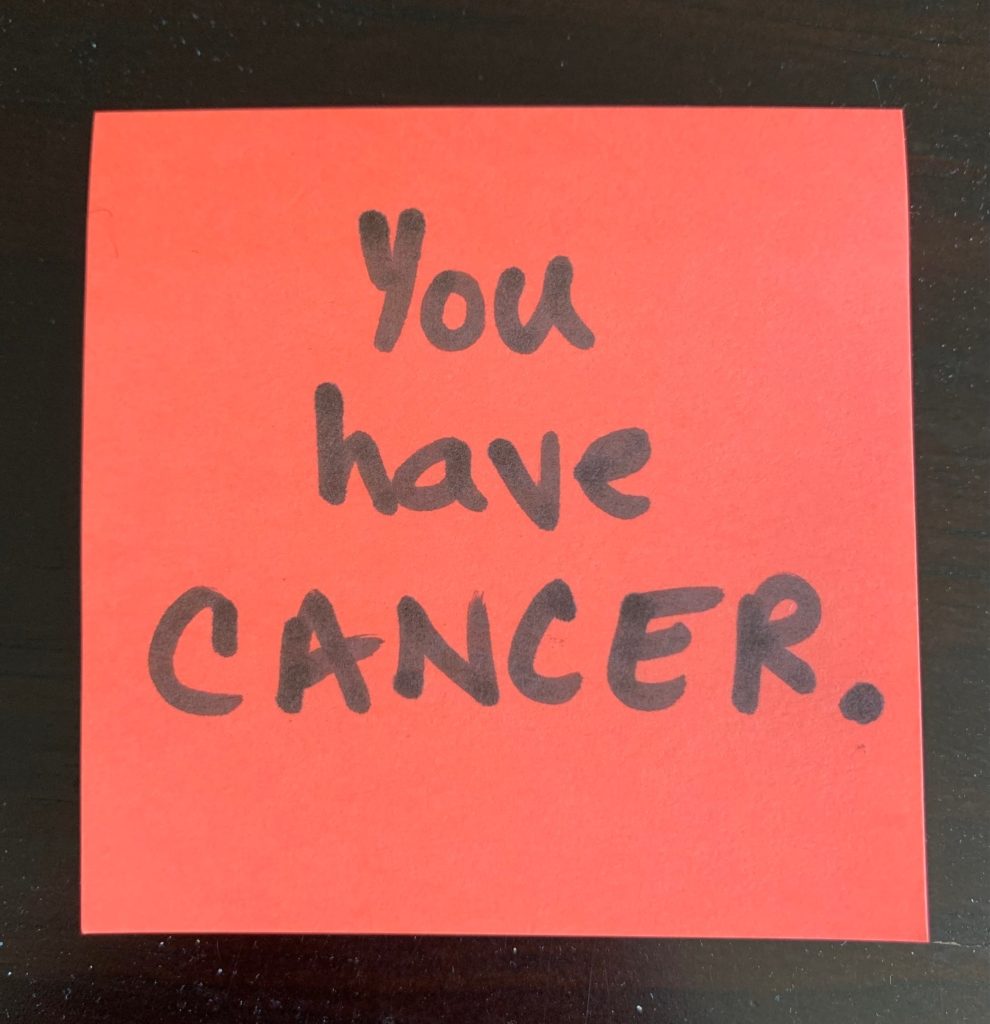
It was exactly 4 months ago that I heard those words that nobody wants to hear. As someone who is generally pretty healthy (aside from the broken pancreas) and who had no symptoms of anything being amiss, this was a shocker. Total blind-side. WHAT?!
I had had a thyroid biopsy done in late November as part of a routine check after an ultrasound had revealed that I had nodules that had grown past the margin for concern – but never in a million years did I expect anything to come of that.
It was my endocrinologist who delivered the news, and I can imagine it must be heart-wrenching for anyone to figure out how to deliver this information without completely freaking out the patient. The line I got was “the good news is, out of all the cancers you could get, this is the one you want.” I’m not sure if that’s how I’d put it, but “thank you” …I guess?! I think that might be something they teach them at medical school because my surgeon used the exact same line, but only time will tell whether my case turns out to be a success story. I sure hope so!
They found multiple tumours on the left and middle parts of my thyroid that would need to be removed, and the plan became to surgically remove those while trying to preserve the right lobe of the thyroid (a butterfly-shaped gland that sits at the base of the neck). If you’re curious – here’s a link to a picture of the thyroid gland and some information on its role in the body: https://www.webmd.com/women/picture-of-the-thyroid
Surgery was scheduled for January 7th, and the next month became a blur of getting my affairs in order (every surgery has risks) and figuring out how / if to tell people because sharing news like this is incredibly difficult and awkward and no one knows what to say.
I decided to keep the circle small initially as the last thing I wanted was to have to deal with other people’s emotions when I was still trying to figure out my own. I went from one day just being a girl with type 1 diabetes to suddenly being a “cancer patient”. There is absolutely nothing that can prepare you for that mentally.
It’s a scary thing, especially when you don’t know exactly what’s going on, how bad it is, what the treatment path is going to be aside from the first surgical step, or what that is going to mean in terms of my ability to work, my energy, or any potential complications from surgery. The waiver they make you sign prior to surgery is beyond frightening as it has to outline all the potential risks (the biggest one for me was the potential to lose my voice – there can be damage to vocal chords sometimes), but for me I knew surgery was the only option so I chose not to google too much as once the decision is made, how it goes is between the surgeon and God. So I signed the waiver and just let it go – and prayed.
The Best Advice Ever
There was only 1 person I connected with who had come through cancer – a colleague of mine at Dexcom – so I decided to let him in on what was happening with me and we spoke at length about my situation and how to approach the immediate next steps. He warned me that awkward conversations were going to be “a thing” – and that I shouldn’t lie to the people who love me, but to let them know and give them a storyline.
The genius piece of advice was this: create a narrative that lets people know what’s going on, your position on it, and what they can do to support you. That lets them know how you feel, and creates the boundaries of support as defined by you.
For me, I didn’t want to entertain any kind of pity, fear, or advice from well-intentioned friends as I had a plan and just needed to get through it. So here was my cancer conversation narrative:
“I have thyroid cancer and my surgery is coming up on January 7th. I have a “dream team” of medical professionals working with me, and statistically the prognosis is really good. I’m doing OK and my family is going to support me through my recovery, and all I ask from you is for prayers and a cheering section to help me get through this. That’s it.”
Having that story crafted made all the difference in the world. It let people know where I was at, and what I needed support to look like from them. I still had to deal with my own reality and feelings about it, but it spared me from a lot of additional anguish than if I had shared the news more broadly without putting parameters around it.
Nobody knows what to say or how to respond. When you care about somebody, you don’t want them to suffer and sometimes the tears just come out of empathy and a desire to let your friend know that you care and that what’s happening to them is spectacularly unfair. Some people handle that better than others. I didn’t spend a lot of time crying and certainly didn’t want every conversation to turn into some kind of sob-fest, but I was honest about how I was doing from one day to the next, and if I wasn’t up for a conversation – I just declared that.
Honestly, if you’re new to this cancer thing, telling people is one of the hardest parts, but if you can craft the narrative you want and what you want support to look like – everything will go a lot more smoothly so you can focus on what YOU need to do to carry on and take care of #1. Every person’s journey is different and you are entitled to go through yours in whatever way makes the most sense to you in helping you to cope with a shitty new reality – but it’s your life and you get to make the rules.
